Publications
Articles, publications, books, tools and multimedia features from the U.S. Institute of Peace provide the latest news, analysis, research findings, practitioner guides and reports, all related to the conflict zones and issues that are at the center of the Institute’s work to prevent and reduce violent conflict.
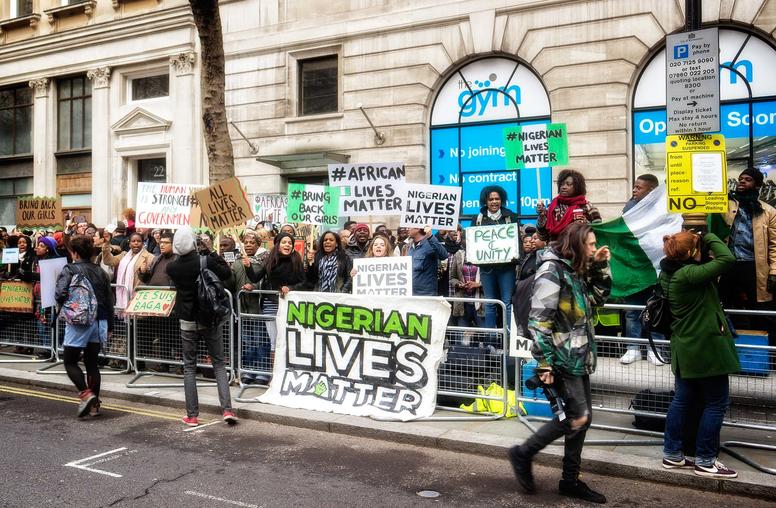
Nigeria Needs Justice, Not Payoffs, to Build Peace
When gunmen stormed a Nigerian government high school last week, kidnapping dozens of students for ransom, this fourth mass kidnapping in three months underscored that Nigeria’s response so far is not reducing the violence and insecurity spreading across the country’s north. That response has been largely ad hoc, a mix of federal military actions, state officials negotiating with the criminal gangs and, allegedly, the payment of ransoms. A more effective response will require better coordination among federal and state authorities, the inclusion of civil society in a broad strategy, and support from the international community.
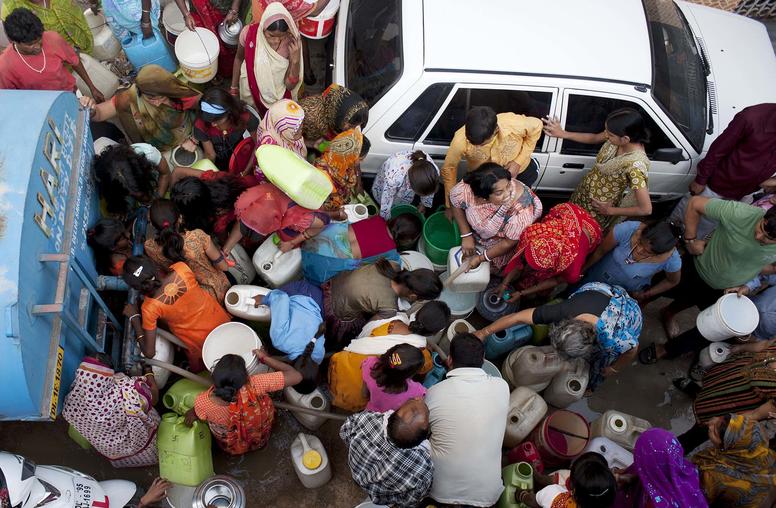
World Water Day: The Role of Nonviolent Action in Water Governance
Will people go to war over water? According to the United Nations, “Water is the primary medium through which we will feel the effects of climate change” in the years ahead. As access to this finite, vital resource becomes increasingly imperiled, water-related tensions will rise — both between states and within them. In recent decades, disputes between governments and local stakeholders have resulted in mass action events centered on water governance. Today, in the age of accelerating climate change, nonviolent movements will need to adapt their strategic thinking if they are to improve water governance and prevent violent conflict.
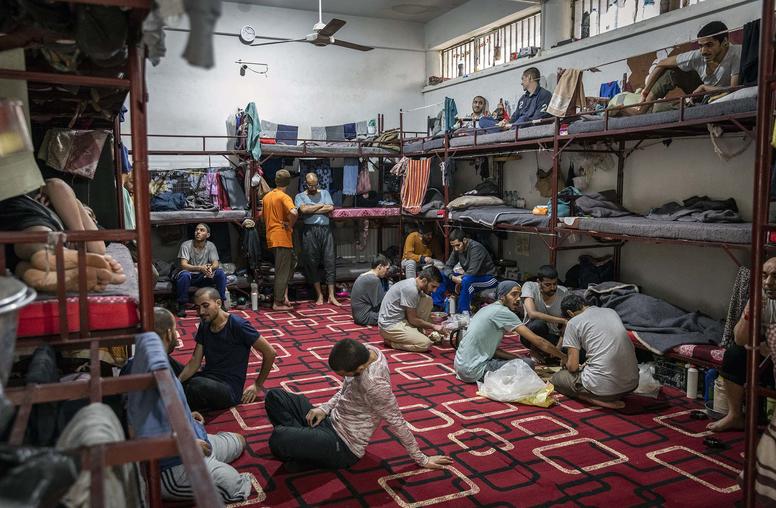
Guns, Camps and Deradicalization: Violent Extremists in Conflict Zones
Violent extremists make civil conflicts more complex and less manageable. Whether in the Middle East, Africa or South Asia, one of the many problems presented by conflicts involving violent extremists is how to deal with these combatants and associates when they surrender or are captured. There have been many attempts to disengage, deradicalize, rehabilitate and reintegrate violent extremists around the world, but most research focuses on stable settings such as Western Europe and North America. What, then, do we know about how to do this in the middle of conflict?
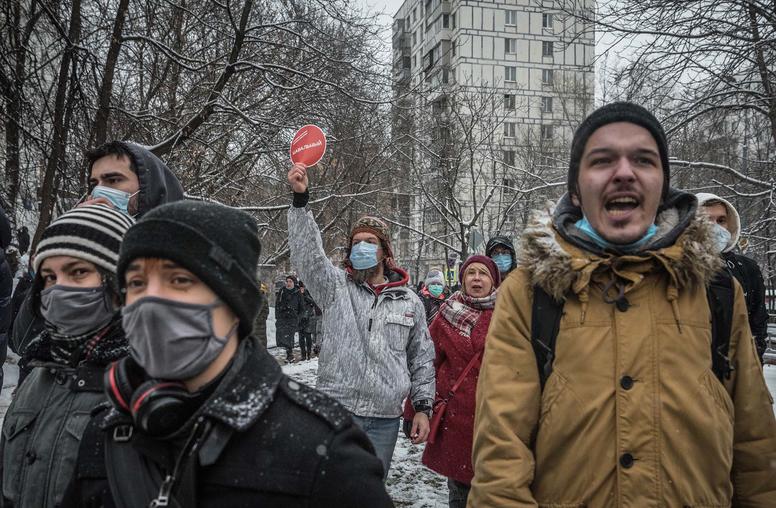
A Reason for Hope in Russia’s Industrial Heartland
The courageous return to Russia and arrest of Alexei Navalny opened a new phase in the opposition to President Vladimir Putin’s rule. Not only were the ensuing demonstrations the largest and most widespread since 2011-2012, but the opposition also showed itself to be more daring, aggressive and creative. The authorities responded with arrests of organizers and activists throughout the country and recently detained 200 elected local officials and others gathered at a conference in Moscow to discuss municipal self-government. The run-up to parliamentary elections scheduled for September will be the next opportunity for the opposition to show its strength.
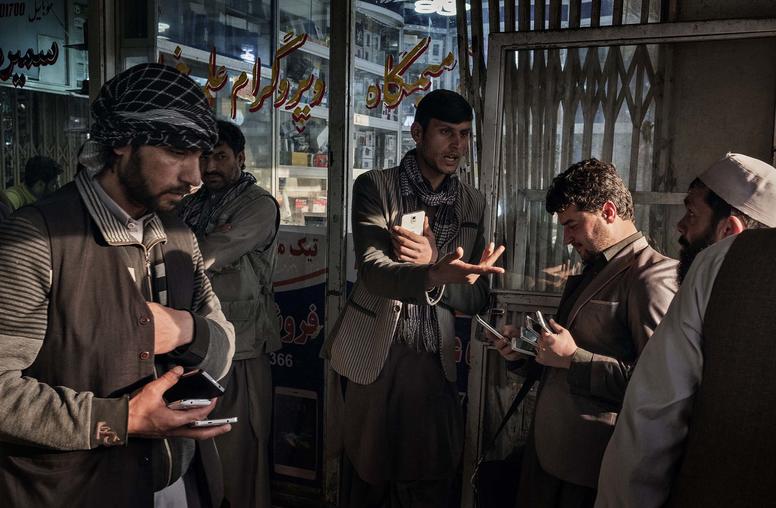
Revitalizing Afghanistan’s Ministry of Finance
Revitalizing Afghanistan’s badly damaged Ministry of Finance is critical for the state’s survival today and will be equally important during a peace process or under any interim or power-sharing arrangement. Without curbs on political interference and corruption at the ministry, Afghanistan will be hard pressed to ensure that aid pledges made at November’s Geneva international conference materialize.
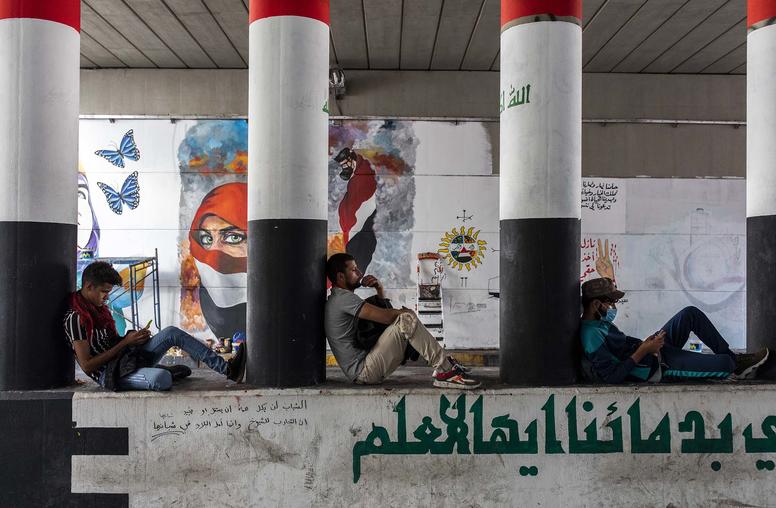
U.S., Iraqi Envoys Call for Continued Partnership 18 Years After Saddam’s Fall
Eighteen years after the overthrow of Saddam Hussein, Iraq is still in the midst of a rocky transition, beset by governance, economic, social and security challenges. With the Biden administration setting its sights on sweeping portfolio of domestic and foreign policy issues, some fear the United States will lose focus on Iraq. But in remarks on Tuesday, the top American diplomat in Baghdad vowed continued American engagement. Ahead of a pivotal year for Iraq, “The United States is resolute in its commitment to supporting [a] stable, sovereign, democratic and prosperous Iraq,” said U.S. Ambassador to Iraq Matthew Tueller.
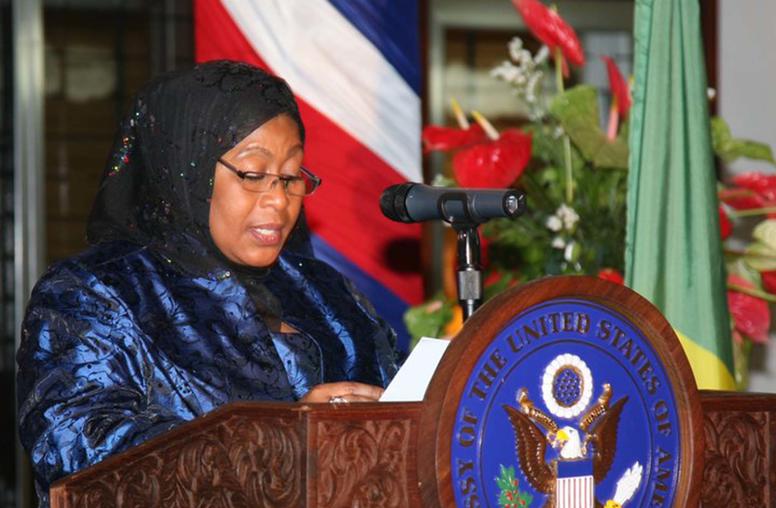
Tanzania Gets a Woman as President: That’s an Opportunity
Samia Suluhu Hassan, who became Tanzania’s sixth president this month following the death of her predecessor, has an opportunity to promote stability for her nation of 58 million people, say analysts and women activists in East Africa. As Tanzania confronts COVID and political division, Hassan could expand a history of African women leaders who have advanced stability and peace in moments of crisis. Her elevation also could boost grassroots movements across East Africa—including a new network of women leaders in Tanzania—that are strengthening peace and security through greater inclusion of women in public life.
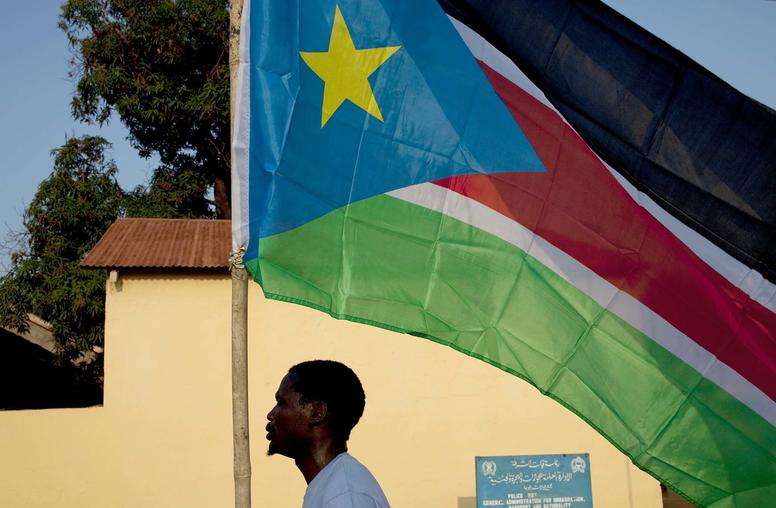
The South Sudan Peace Process Archive: A Window into Mediation
As part of its commitment to learning from peace processes, the U.S. Institute of Peace is pleased to launch the South Sudan Peace Process Archive, which aims to provide South Sudanese citizens, mediators, policymakers, academics and other interested readers a window into the 2013-2015 negotiations that attempted to end the conflict that began in South Sudan in late 2013. Documents for this archive were first assembled and organized in 2016. Now, archive curators and former peace process advisers Zach Vertin and Aly Verjee discuss their motivations for assembling and organizing the documents and what they hope the archive can contribute to future peace processes.
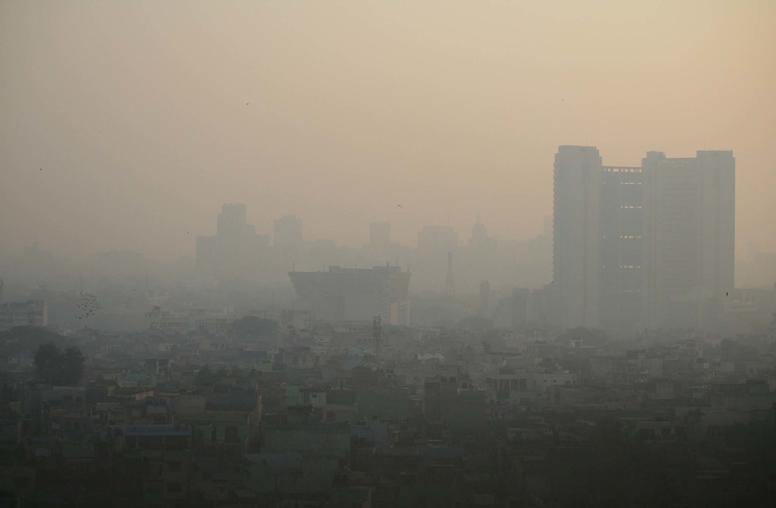
India, Pakistan choke on their smog. Can they clear the air?
South Asia’s extreme smog worsens each winter, helping to kill an estimated 1.2 million Indians and 128,000 Pakistanis annually—more than have died in either country from the COVID virus. As pollution this past winter exacerbated the pandemic, India’s and Pakistan’s governments responded with mutual blame. Yet COVID, and a sudden moment of détente between these bitter rivals, could offer an opportunity to address the smog crisis, and build rare collaboration with the only strategy that can work: a joint one. The governments, their U.S. and international allies and civil society should use this chance to jumpstart such an effort.
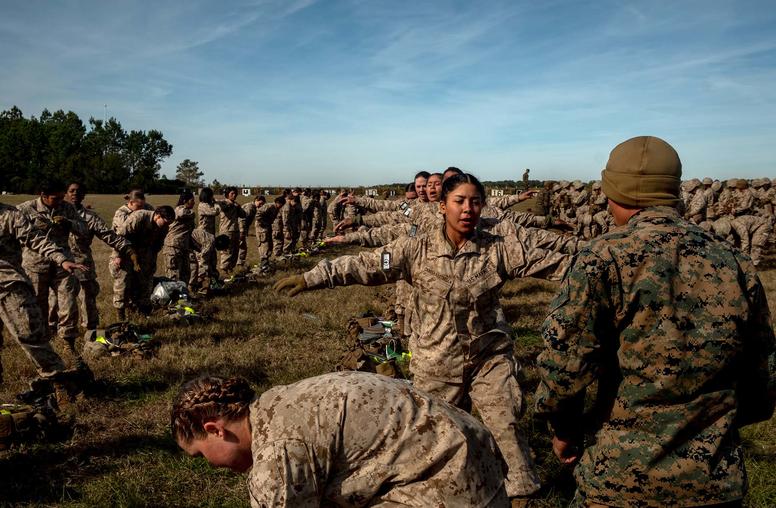
Toward a Gender-Inclusive National Security Strategy
With the Women, Peace and Security (WPS) Act of 2017, the United States is the only country in the world to codify into law women’s critical role in building peace and security. The law requires the Department of Defense, among several U.S. government agencies, to create strategies that prioritize the perspectives, safety and meaningful participation of women across all facets of national security — a critical factor in addressing the complex challenges facing the United States.